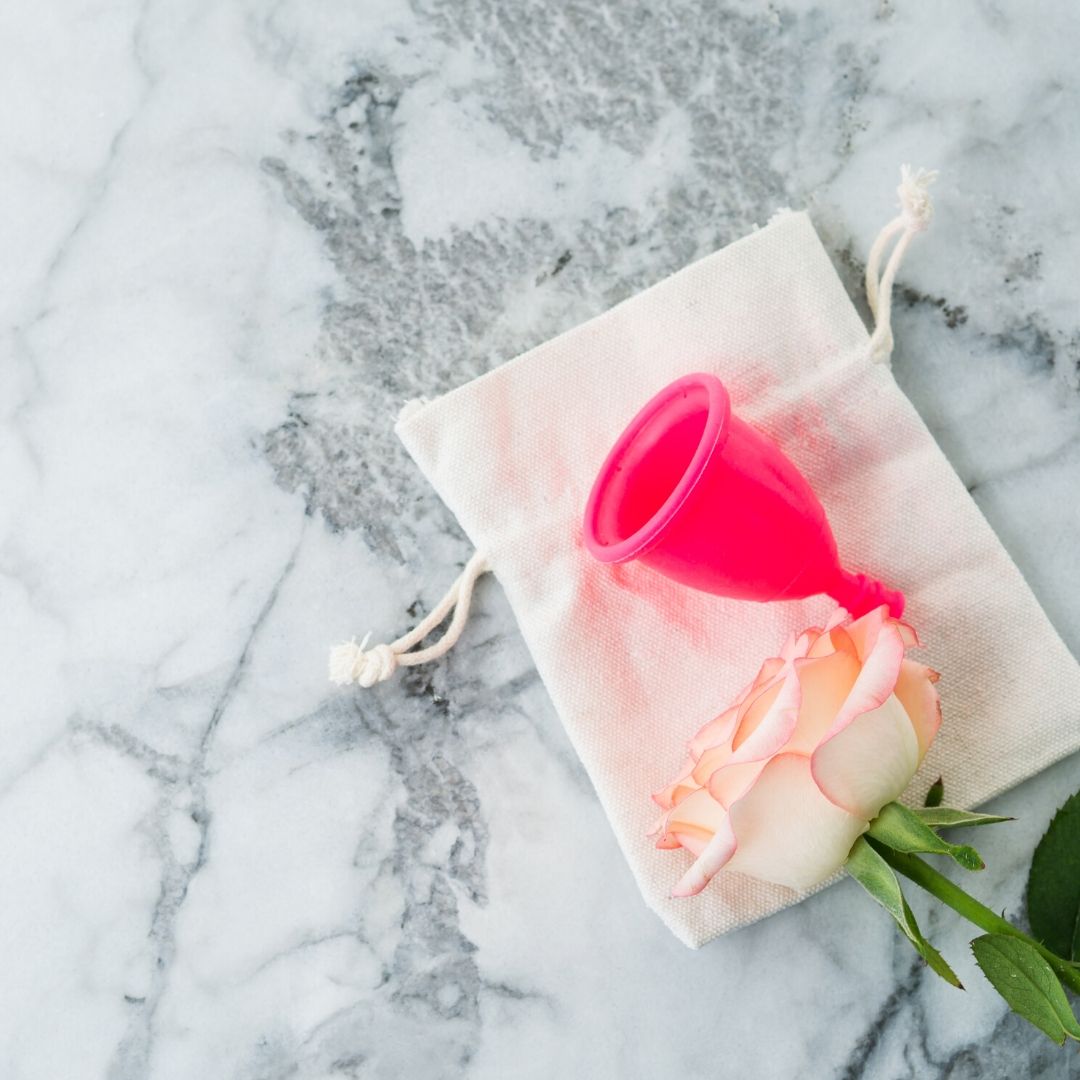A lot is written about how our lives are impacted by Covid-19. Not as much is written about how the pandemic affects the female menstrual cycle. It might be a bit far-fetched, but for us women it’s not. We live with our menstrual cycle every day.
We have heard of over a hundred Swedish women saying that their menstrual cycle has been affected since Covid-19 started. For us that is many enough to lift the issue.
What is the female menstrual cycle?
The menstrual cycle is something almost every fertile woman has. The average age of getting your first menstruation is 13 years and one has it 450 times. Most women have almost the same cycle every time. A cycle is normally 21-35 days long and it starts with the menstruation that lasts for 3-7 days.
Every woman unique and so are the cycles. Some symptoms are general, but it’s still individual how one is affected. It’s not just hormones, it’s also ones general wellbeing.
Changed menstrual cycle during Covid-19
Many women witness how their cycles have changed during the pandemic. Some have longer cycles than usual, others shorter. Some have also reported having a longer menstruation period.

Why is the menstrual cycle affected by Corona?
We are no experts or scientists when it comes to pandemics affecting female hormones, but we have two theories. One is a negative impact and the other positive. The first theory is that the level of stress as increased, the other one is the opposite – less stress.

More stress during Corona gives a negative impact
Many have been affected by Covid-19 and there is a general concern and stress. Stress has a strong impact on the menstrual cycle, it affects the progesteron levels in somethng called pregnenolone steal. Simply said, progesterone is used to cope with stress.
The period starts when the progesterone level is at it’s lowest and a shorter cycle can happen due to a lower levelg. Stress can also lead to a woman not getting an ovulation. Ovulation is needed, it’s the follicle of the egg that produces progesterone. Hormonal imbalance can also lead to a longer cycle.

Less stress has a positive impact
At the same time as many are very stressed, a lot of people actually have it more balanced at the moment. Being able to work from home or being permitted allows one to be more flexible. Instead of taking a pill for a headache and continuing at work, one can take a nap and continue work later. We believe that many female bodies have been allowed to find their own rythm, the one without a lot of stress. Maybe the affects on the menstrual cycle tells us that the life we used to live is not healthy for us.
Female stories – menstrual cycle affected during Covid-19
”My cycle changed during the worst period with Corona, in the middle of March/beginning of April. It went from regular 30 days into 22 days. My period lasted for 4 days, instead of 7. I was really stressed, but it’s not until now that I realise that there probably was a connection to Covid-19”
~Maja
”I’m not sure if this is connected to Covid-19, but my cycle has been irregular for the past three months. This isn’t normal for me. The first month my period was a few days late, the second it was two weeks delayed. I always get my period in the 15:th, now I’m two weeks late again.”
~Sonja
”My period has never been as regular as now!”
~Alexandra
”I got my period four days earlier. It could have been trigged my a chiropractic treatment, but I have been treated at least 100 times and this has not happened before. The following cycle was confused, like I was 4 days behind my cycle, but still not. ”
~Linda
”Oh, this is exciting. I was almost a week late my past cycle, I had no idea that other’s also had irregularities. I wonder why?”
~Ida
”I discussed Covid being bad for my stress level with my Billings ovulation method councelor. My cycle is going bananas since March and my body just doesn’t ovulate. It could of course be due to something else, but well, my cycle is not as it used to be. Now it’s 35-40 days long.
~Fanny
